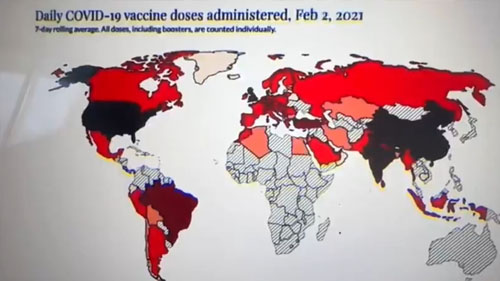| Recent Featured Videos and Articles | Eastern “Orthodoxy” Refuted | How To Avoid Sin | The Antichrist Identified! | What Fake Christians Get Wrong About Ephesians | Why So Many Can't Believe | “Magicians” Prove A Spiritual World Exists | Amazing Evidence For God | News Links |
| Vatican II “Catholic” Church Exposed | Steps To Convert | Outside The Church There Is No Salvation | E-Exchanges | The Holy Rosary | Padre Pio | Traditional Catholic Issues And Groups | Help Save Souls: Donate |  |









 " />
" /> " />
" /> " />
" /> " />
" /> " />
" />




"China Proposes New Web Rules That Could Enhance Censorship"
abcnews.go.com
China is consolidating its ability to censor the Internet by drafting rules requiring businesses that serve domestic Internet users to register their Web addresses inside the country, a move seen as targeting Chinese companies but that has raised concerns among foreign businesses.
In its most draconian interpretation, the proposed requirements could also further limit access within the Chinese network, analysts said. That appears to be the latest step by the ruling Communist Party to erect cyber barriers in the name of what some officials call "Internet sovereignty."
"This expands control over domestic Internet operators and contributes to the gradual buildup of the capability underpinning Internet sovereignty," said Rogier Creemers, an expert on Chinese media policy at the University of Oxford.
Under the draft regulations released this week by the Ministry of Industry and Information Technology, any firm that provides services to Chinese users must register its domain, or Web address, with a Chinese provider. The rules are found in Article 37 of the ministry's proposed update to a set of decade-old Internet laws.
Analysts said the main targets appear to be Chinese Internet companies that store their content domestically but keep their Web address registered overseas with reputable, international firms for security purposes.
Requiring them to shift their registration to a domestic provider under Chinese government control would allow censors to react more quickly in blocking access to certain sites, said Long Weilian, an IT consultant based in the southern Chinese city of Shenzhen who has blogged extensively on the issue.
Sign up for our free e-mail list to see future vaticancatholic.com videos and articles.
Recent Content
^